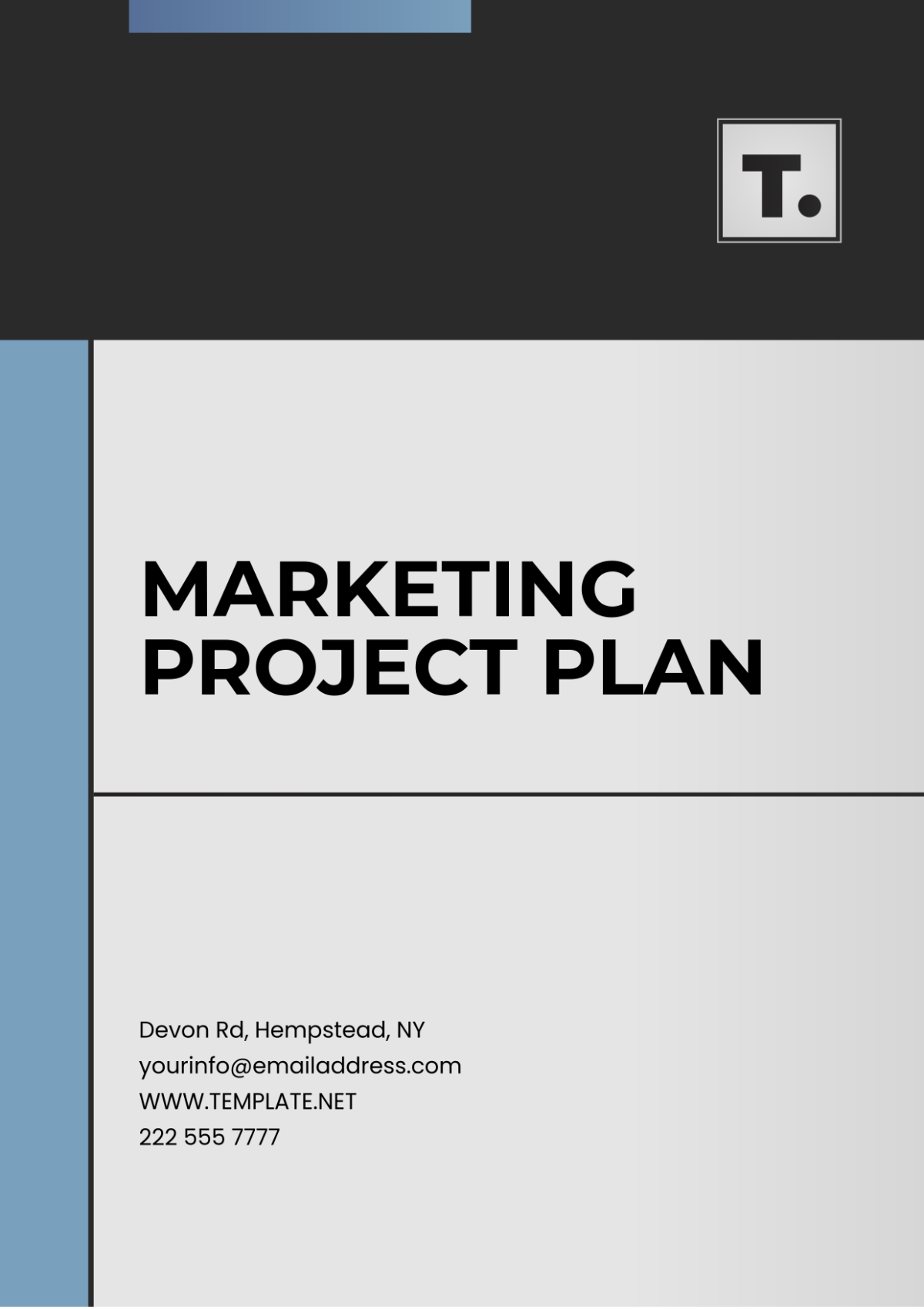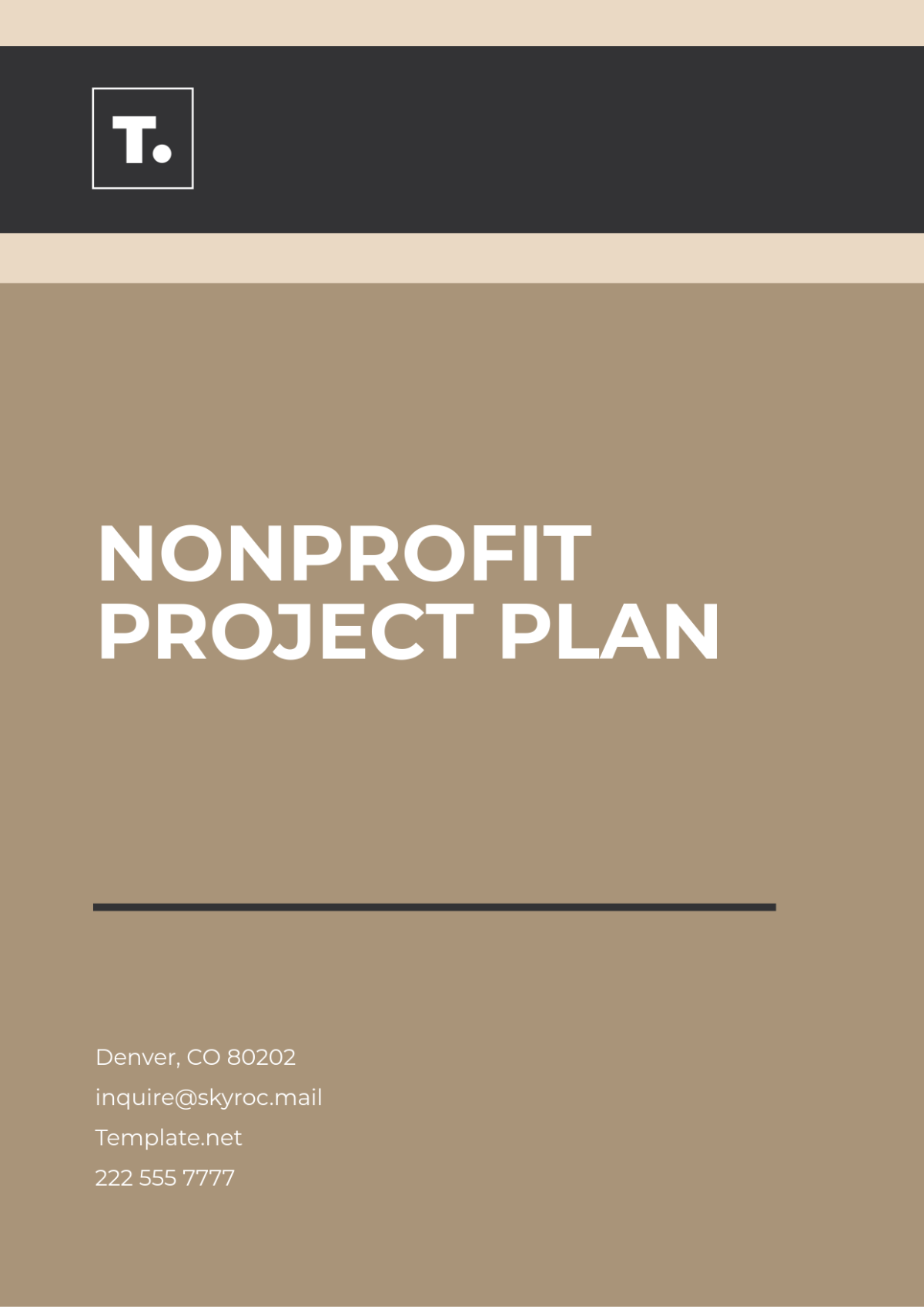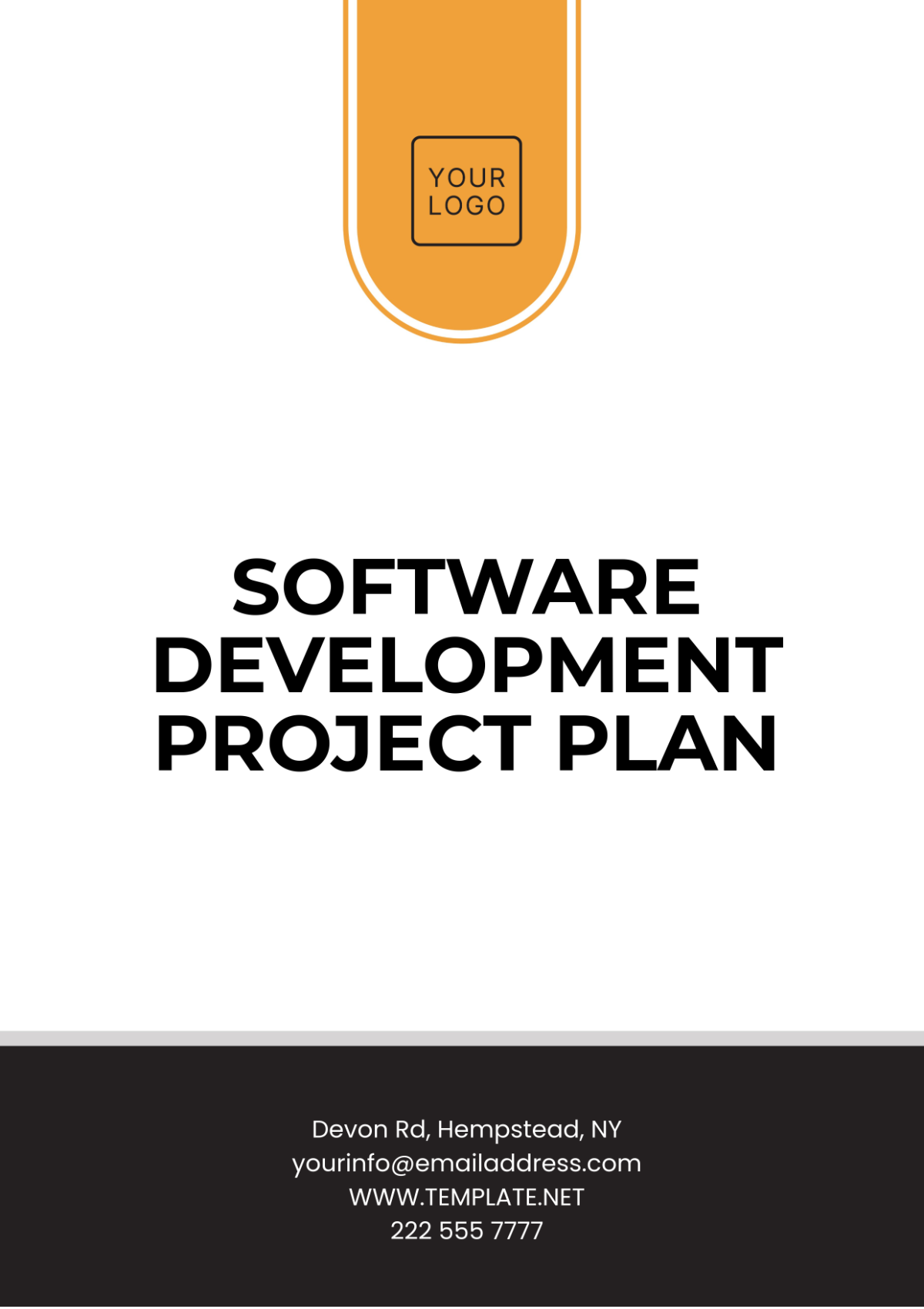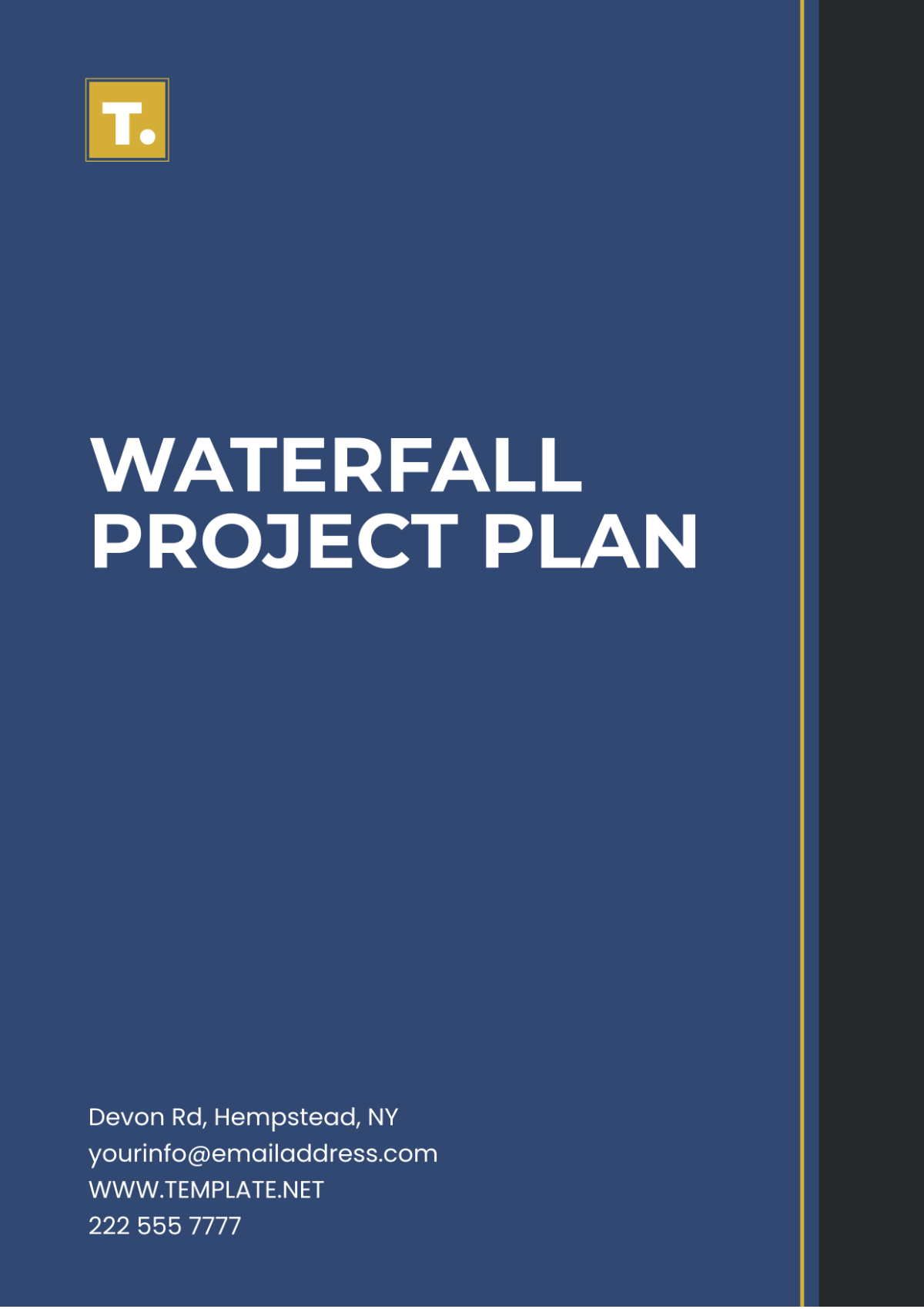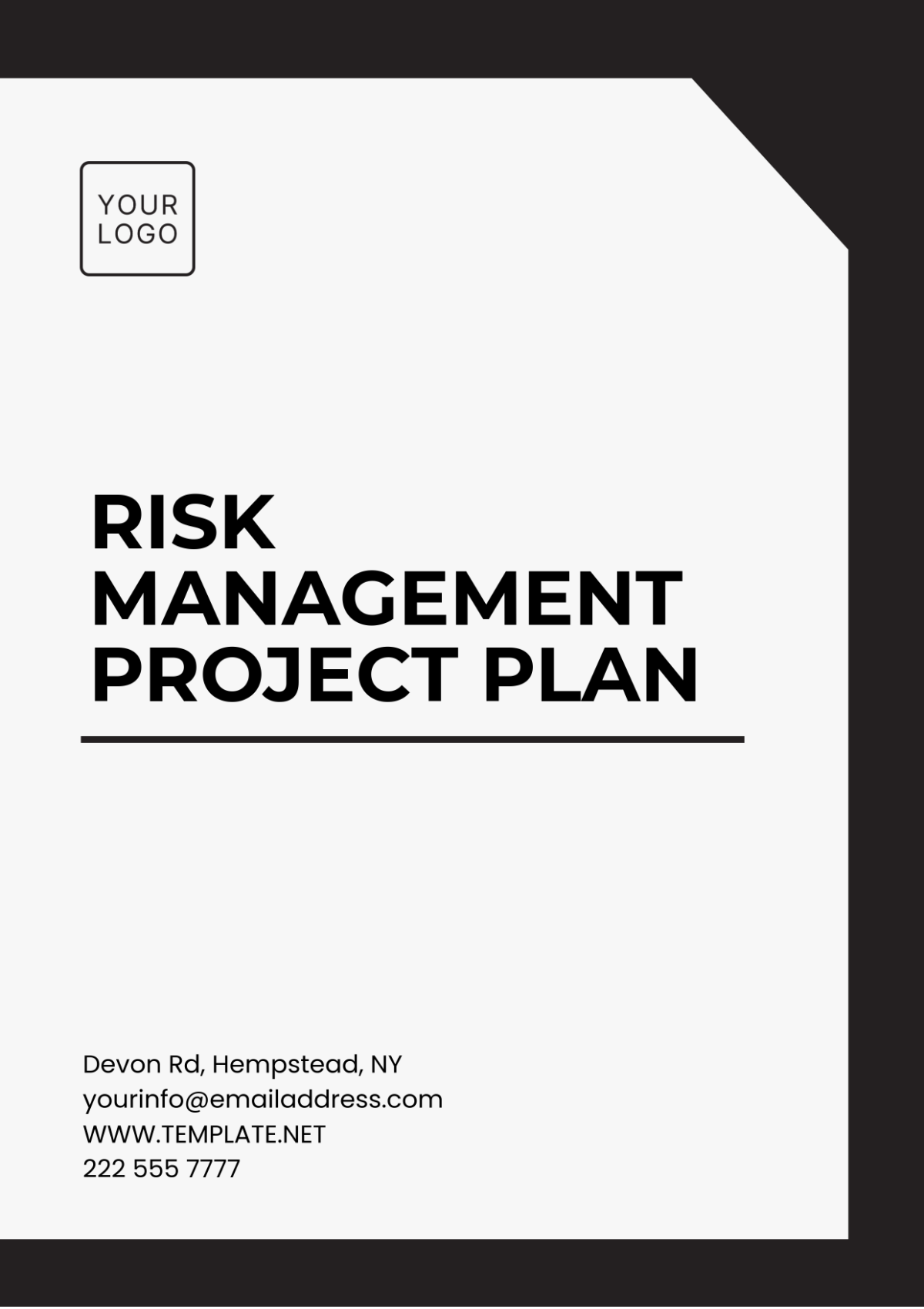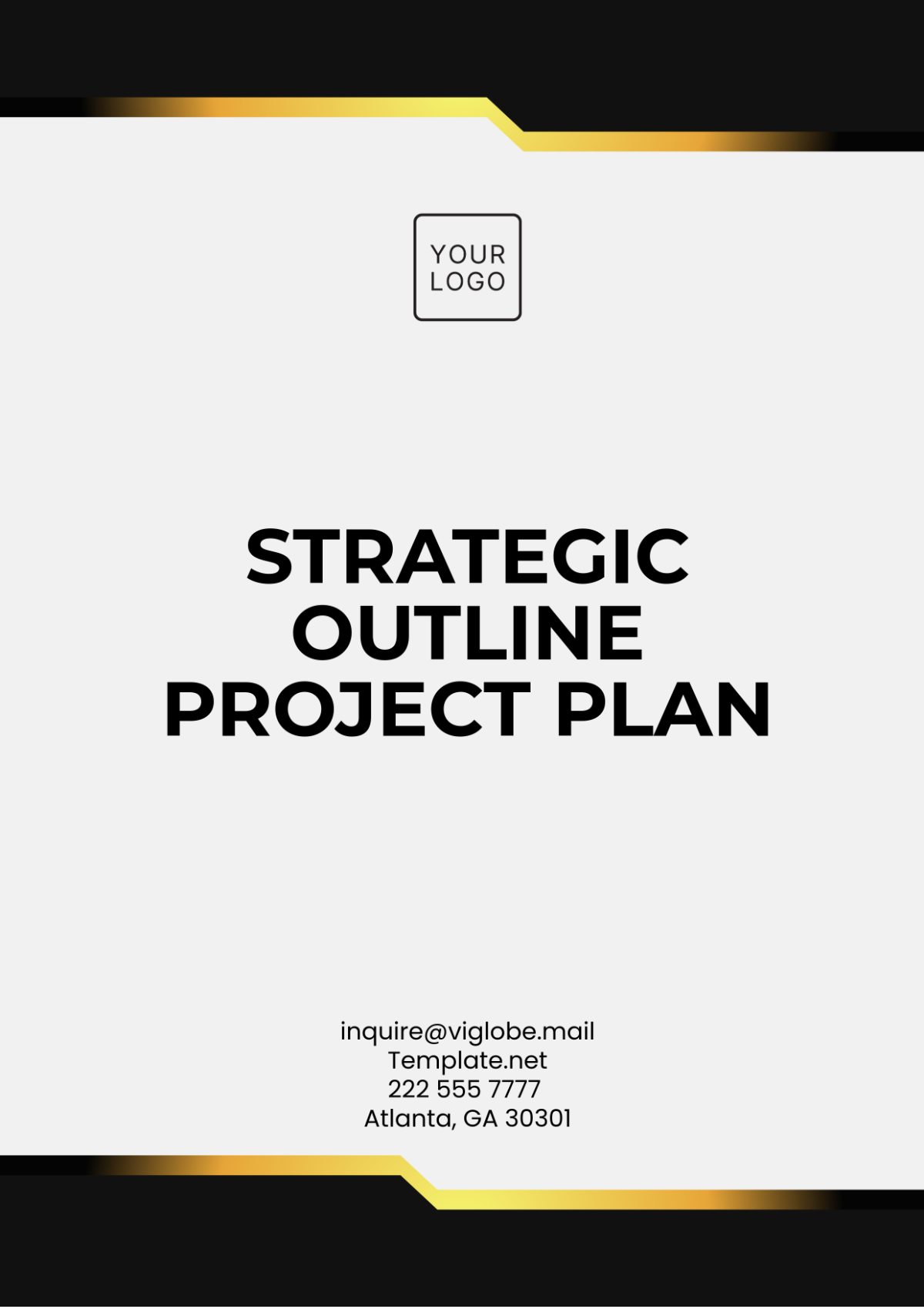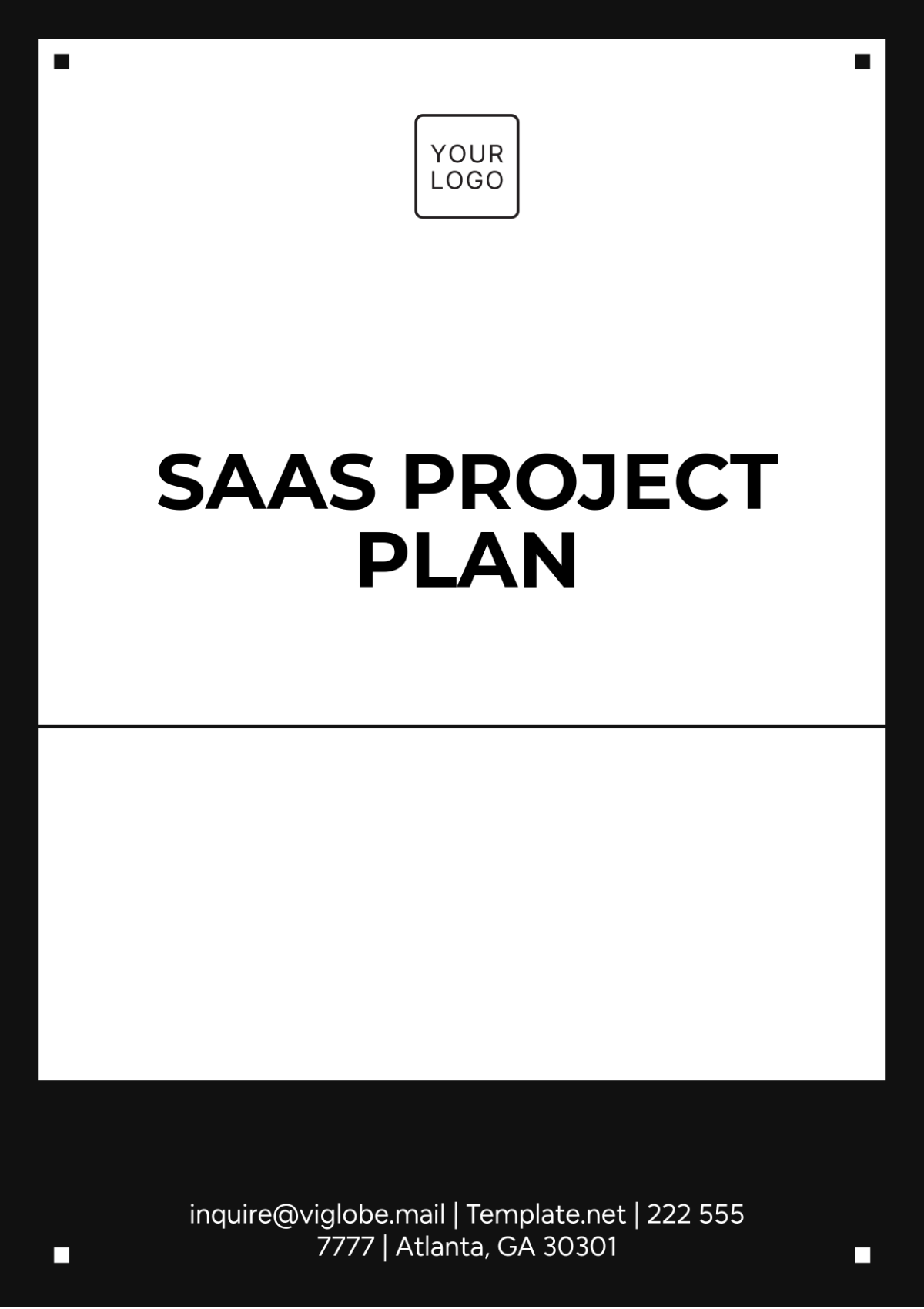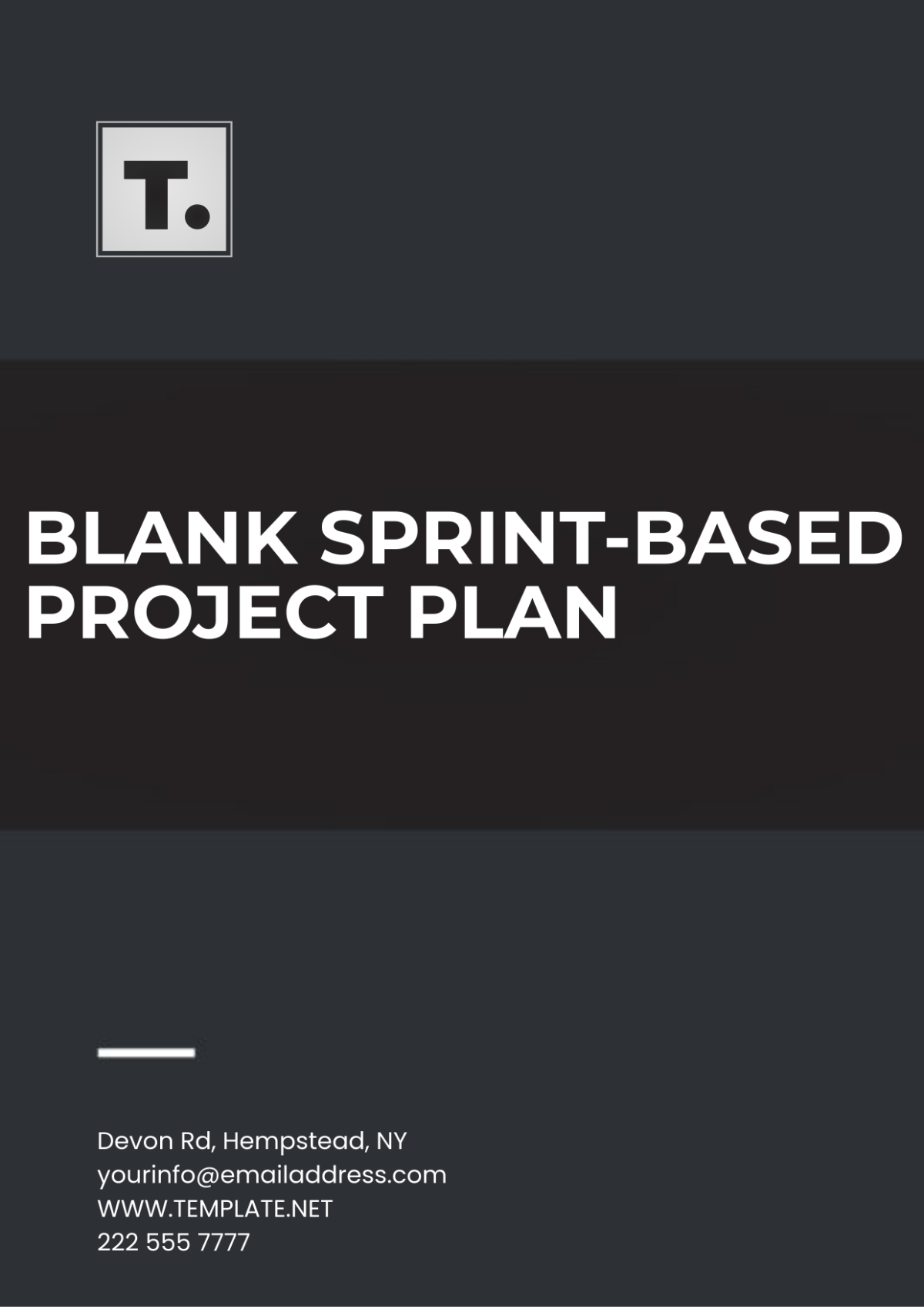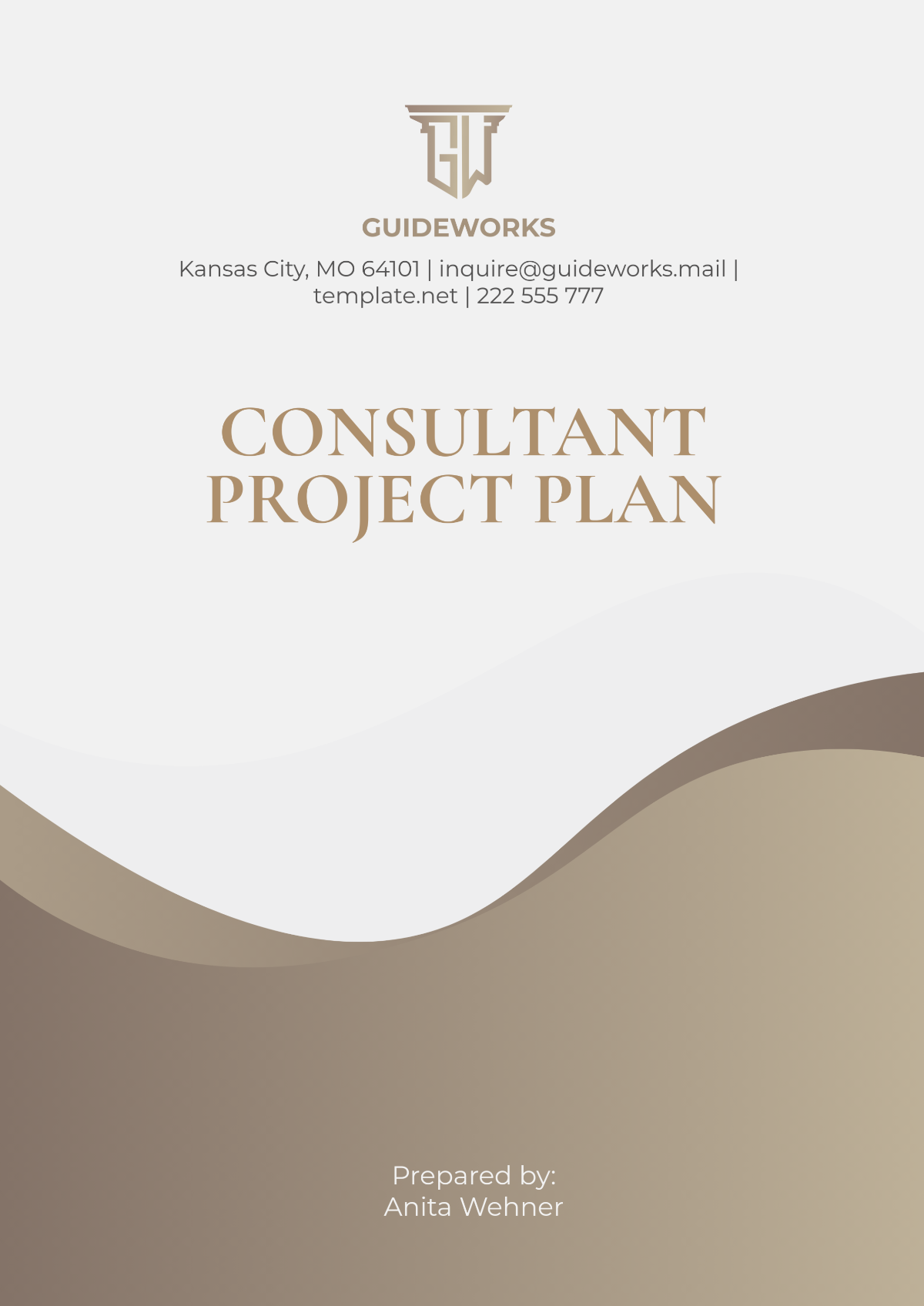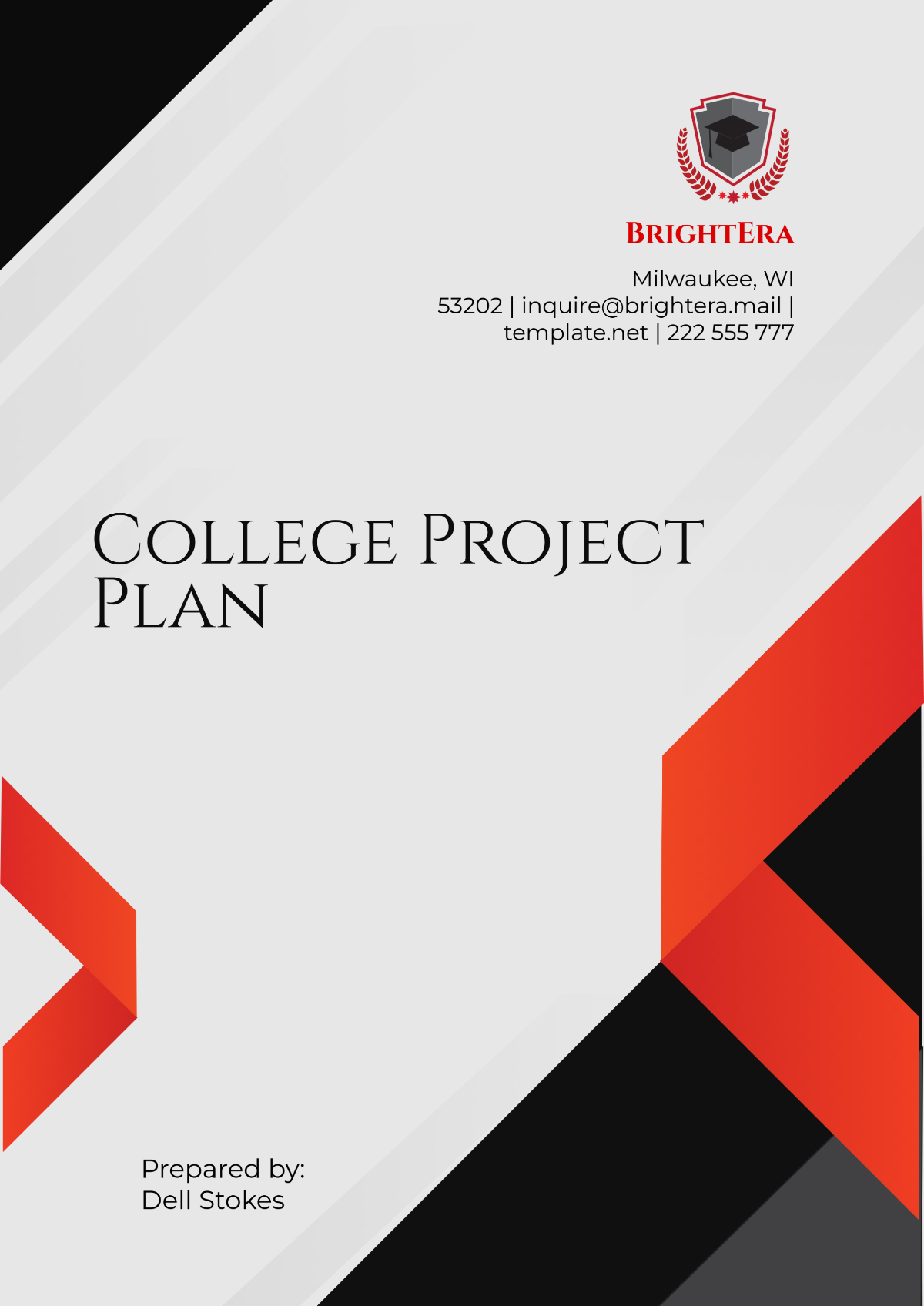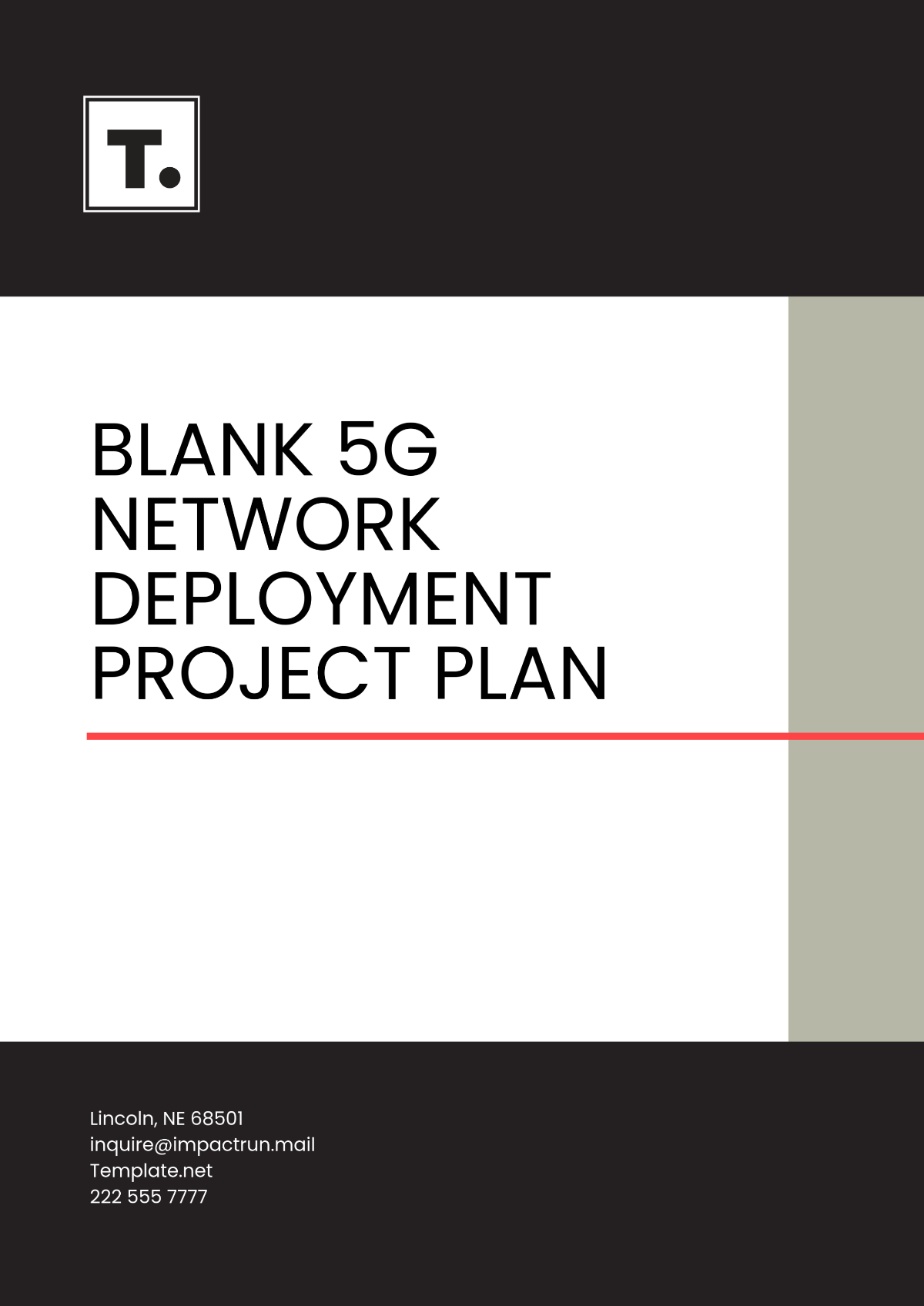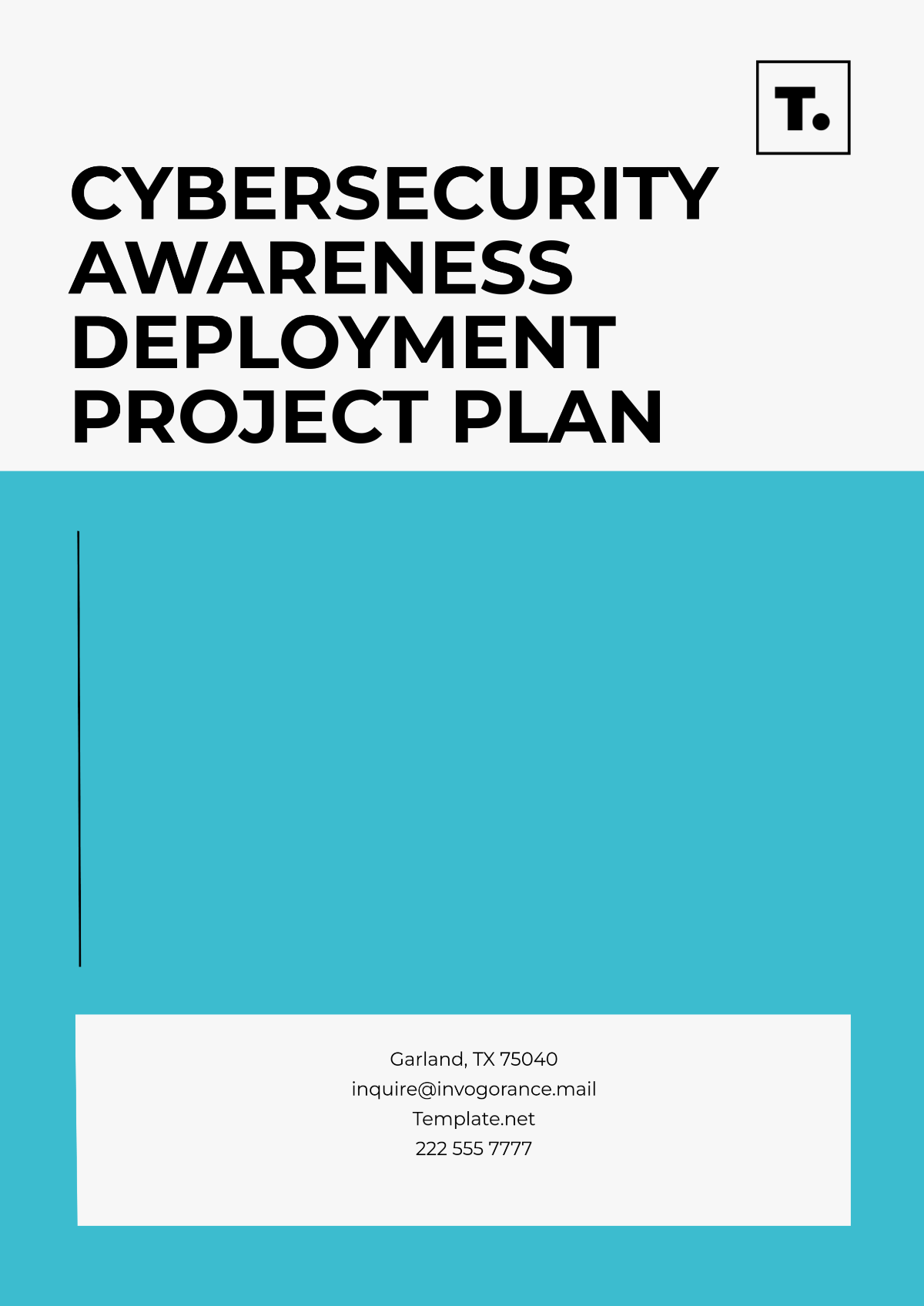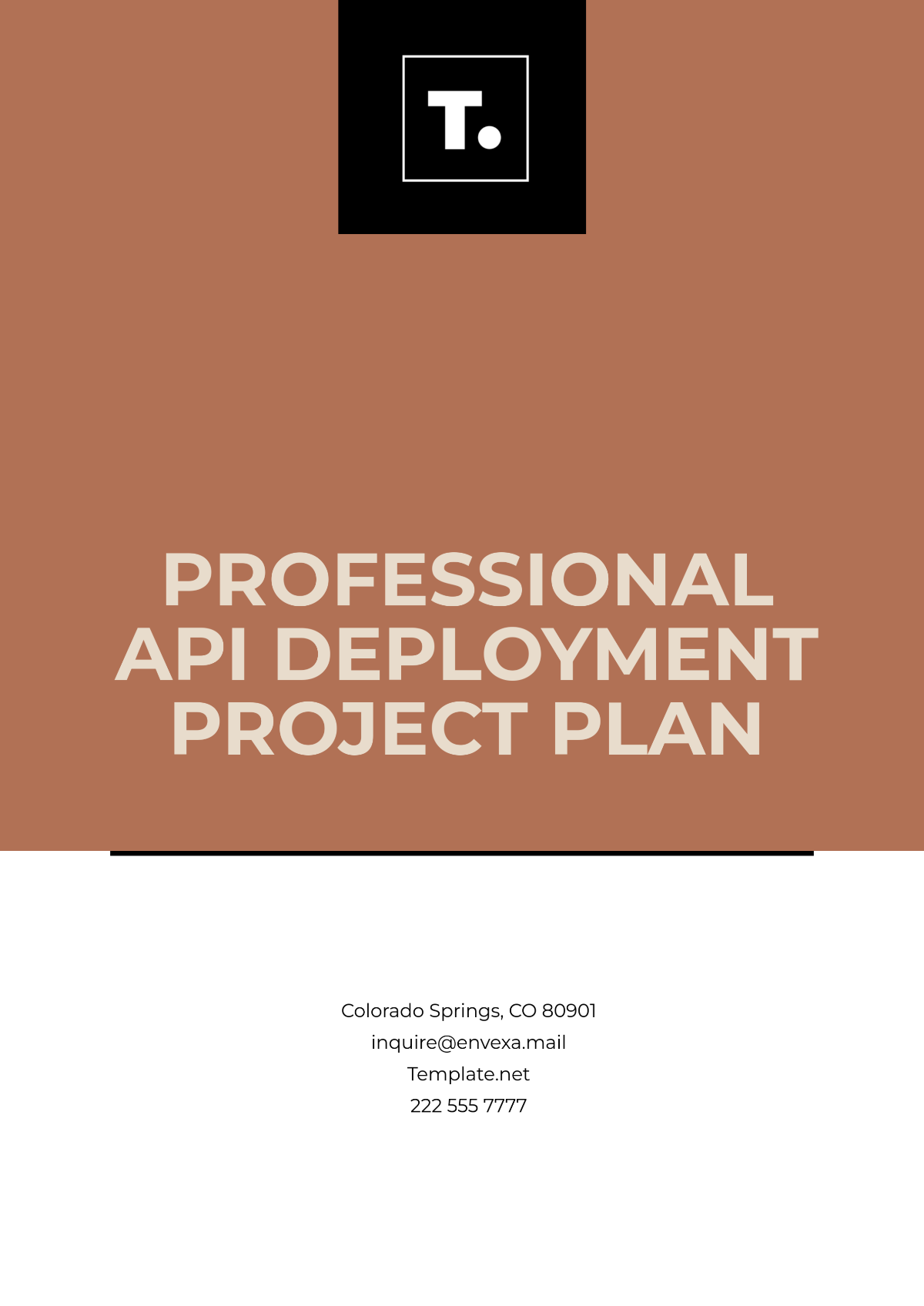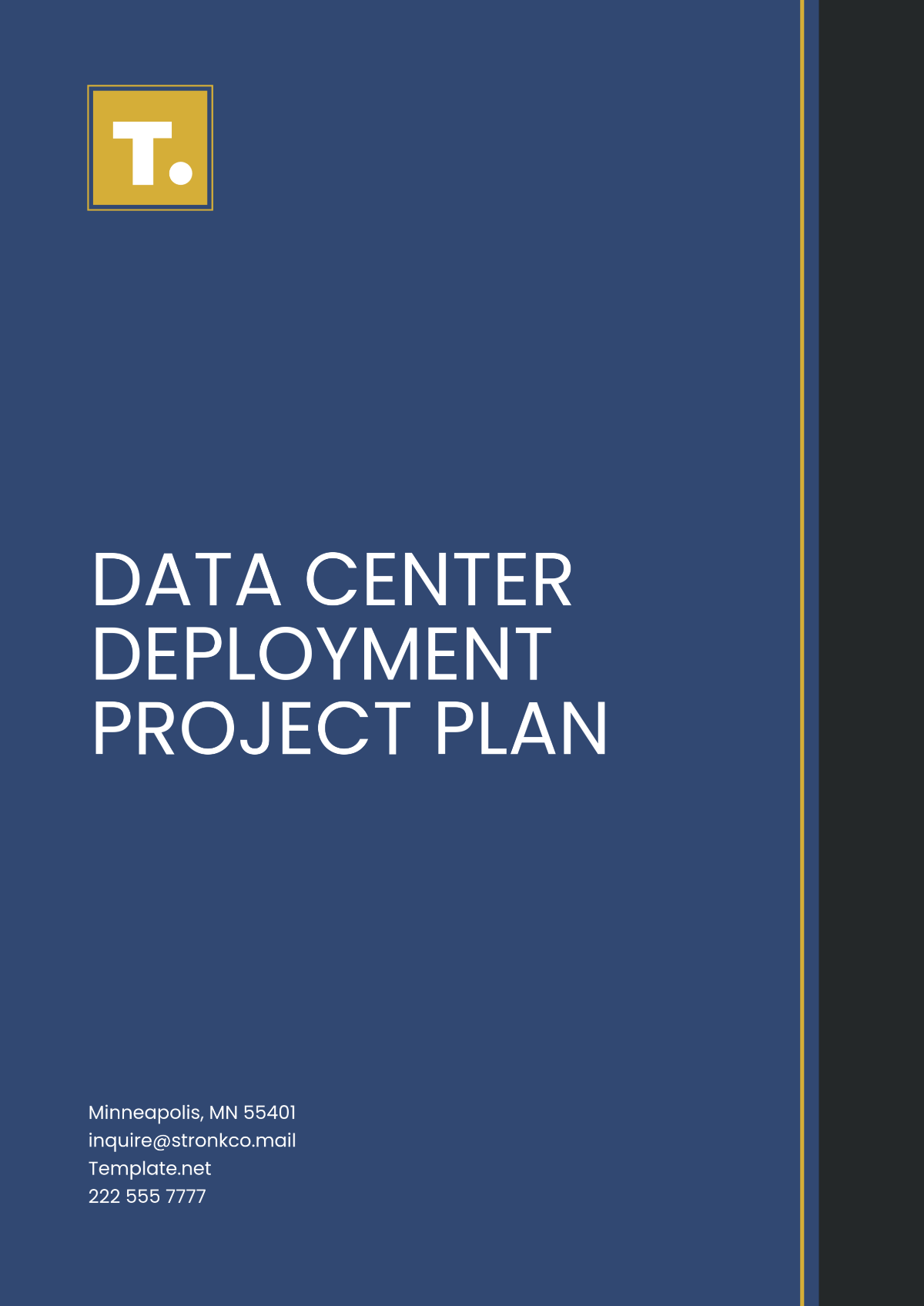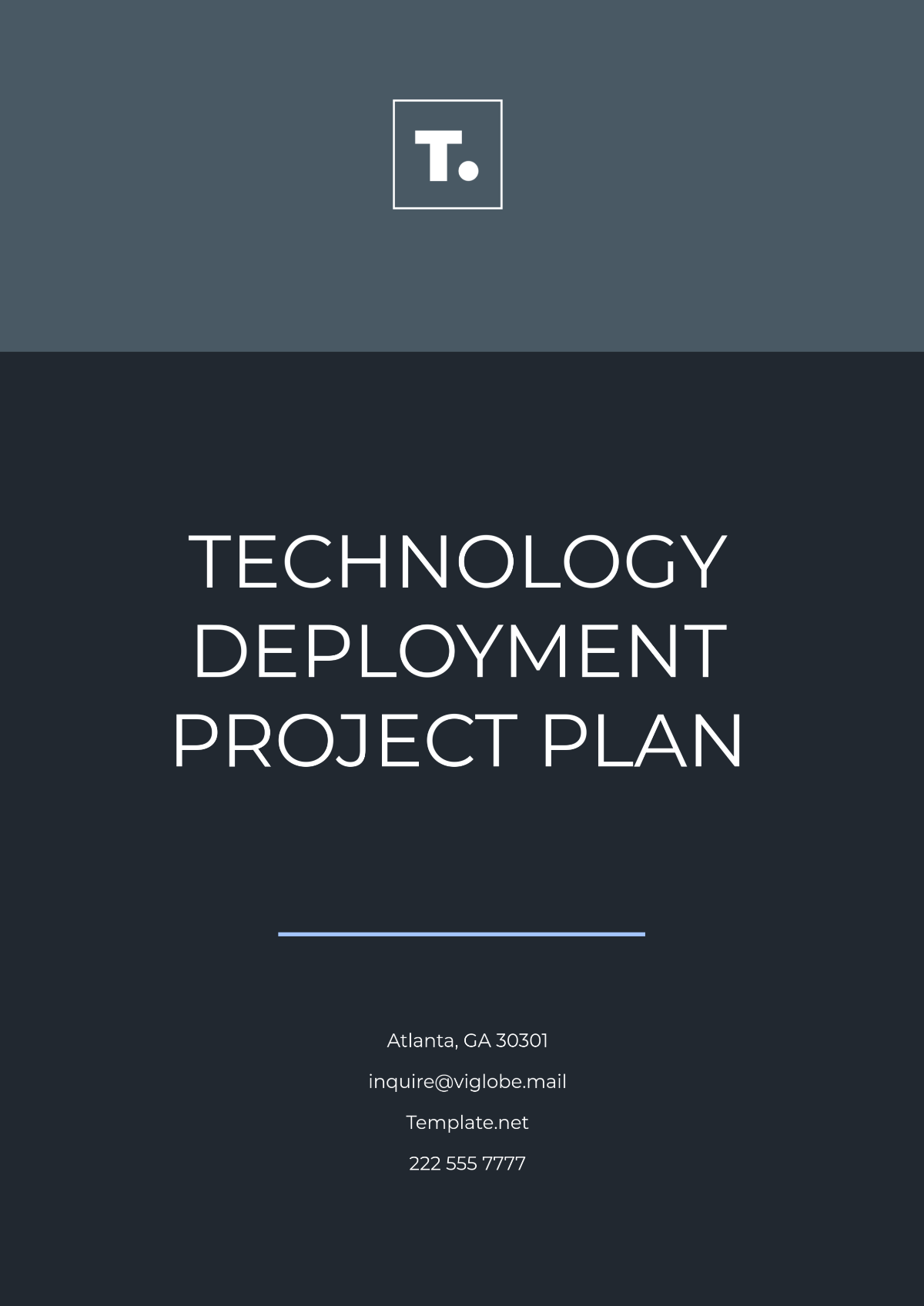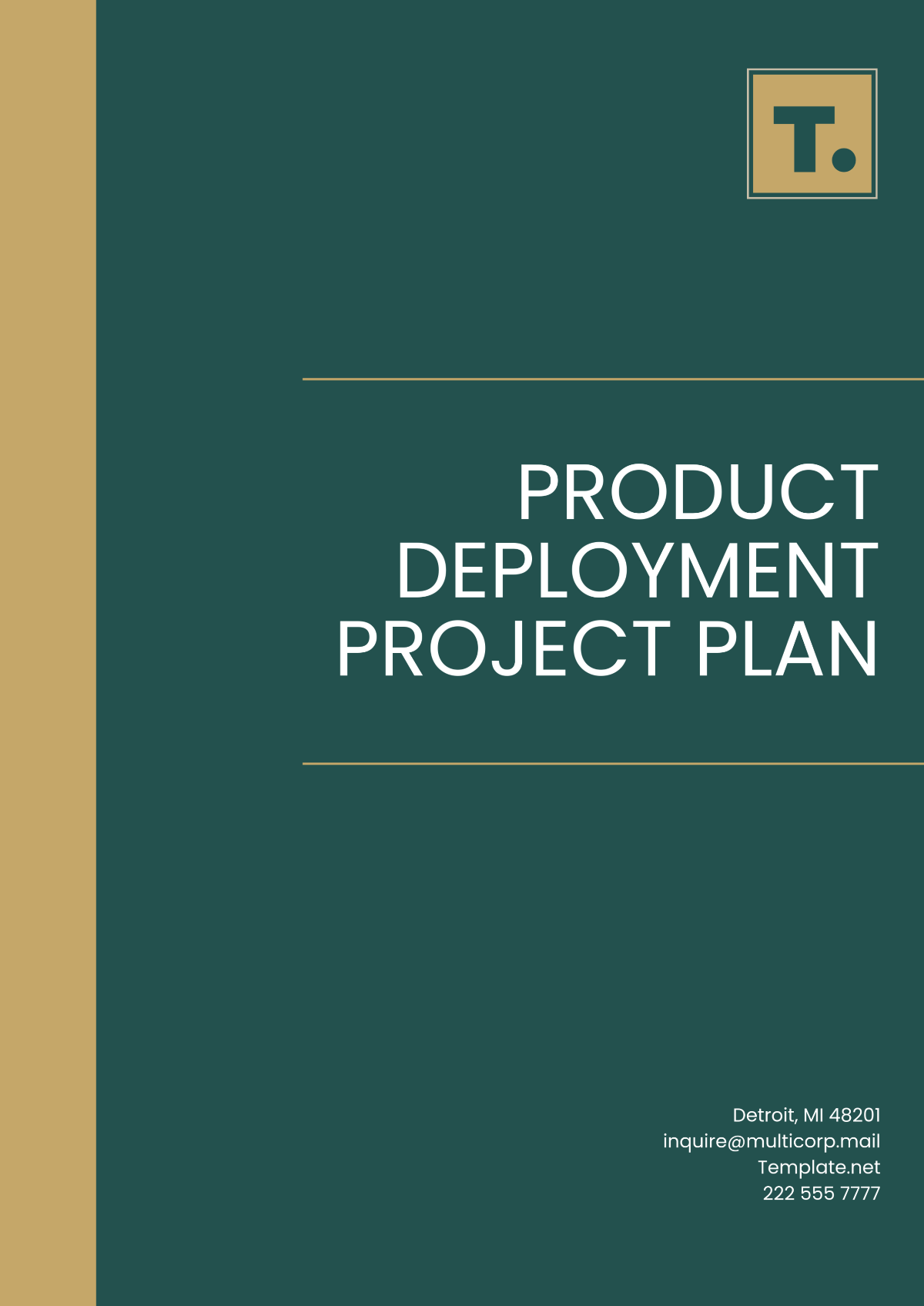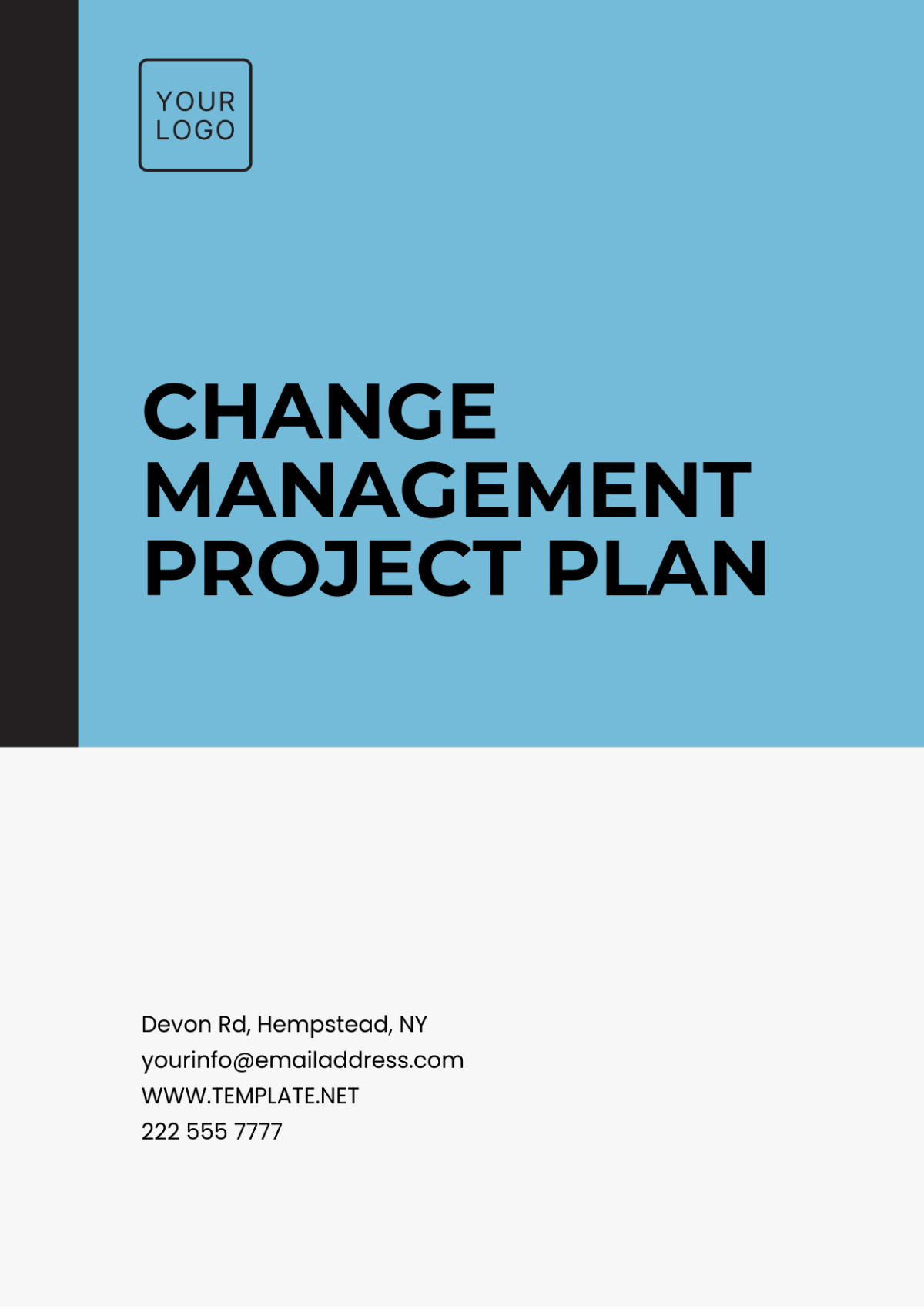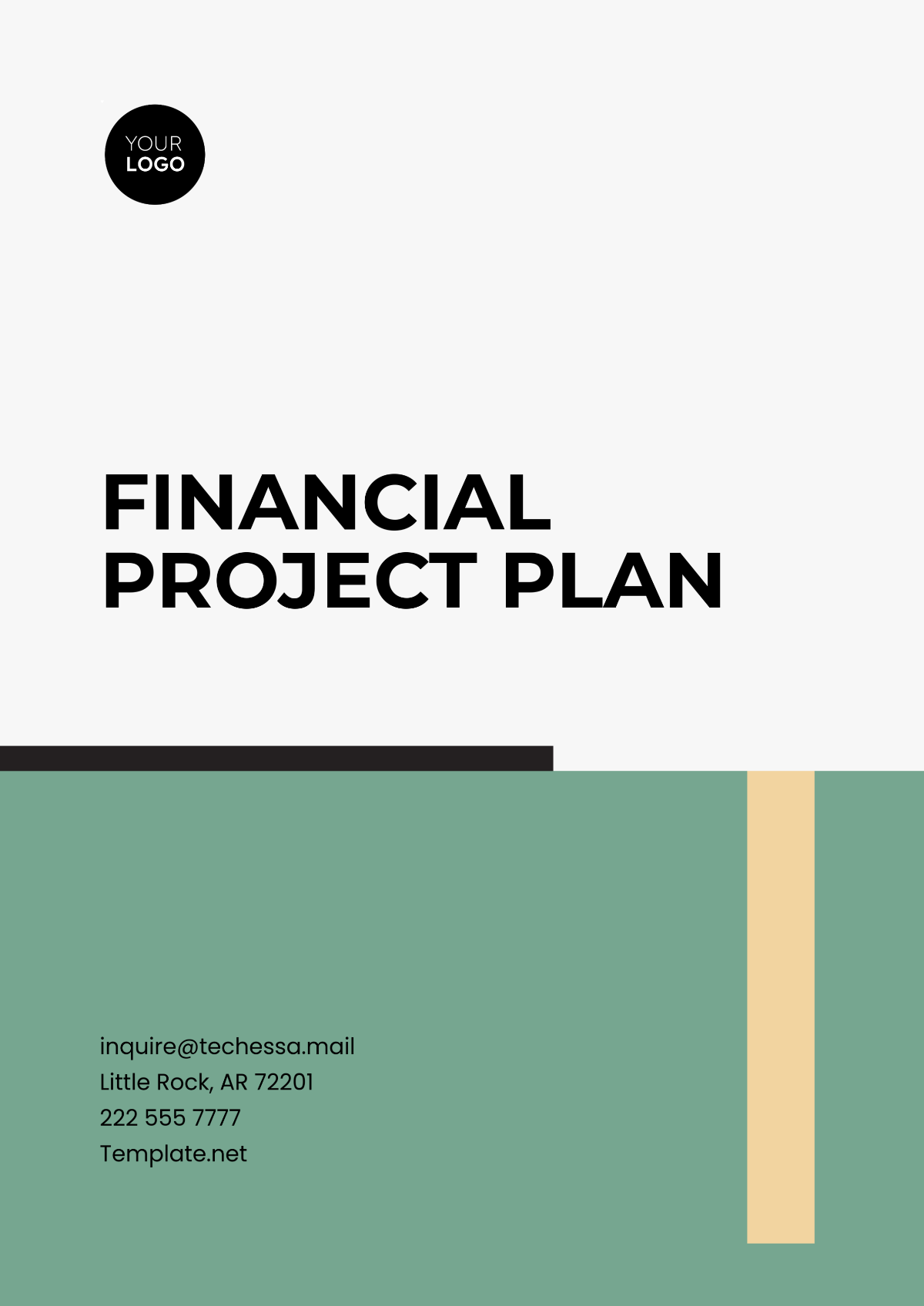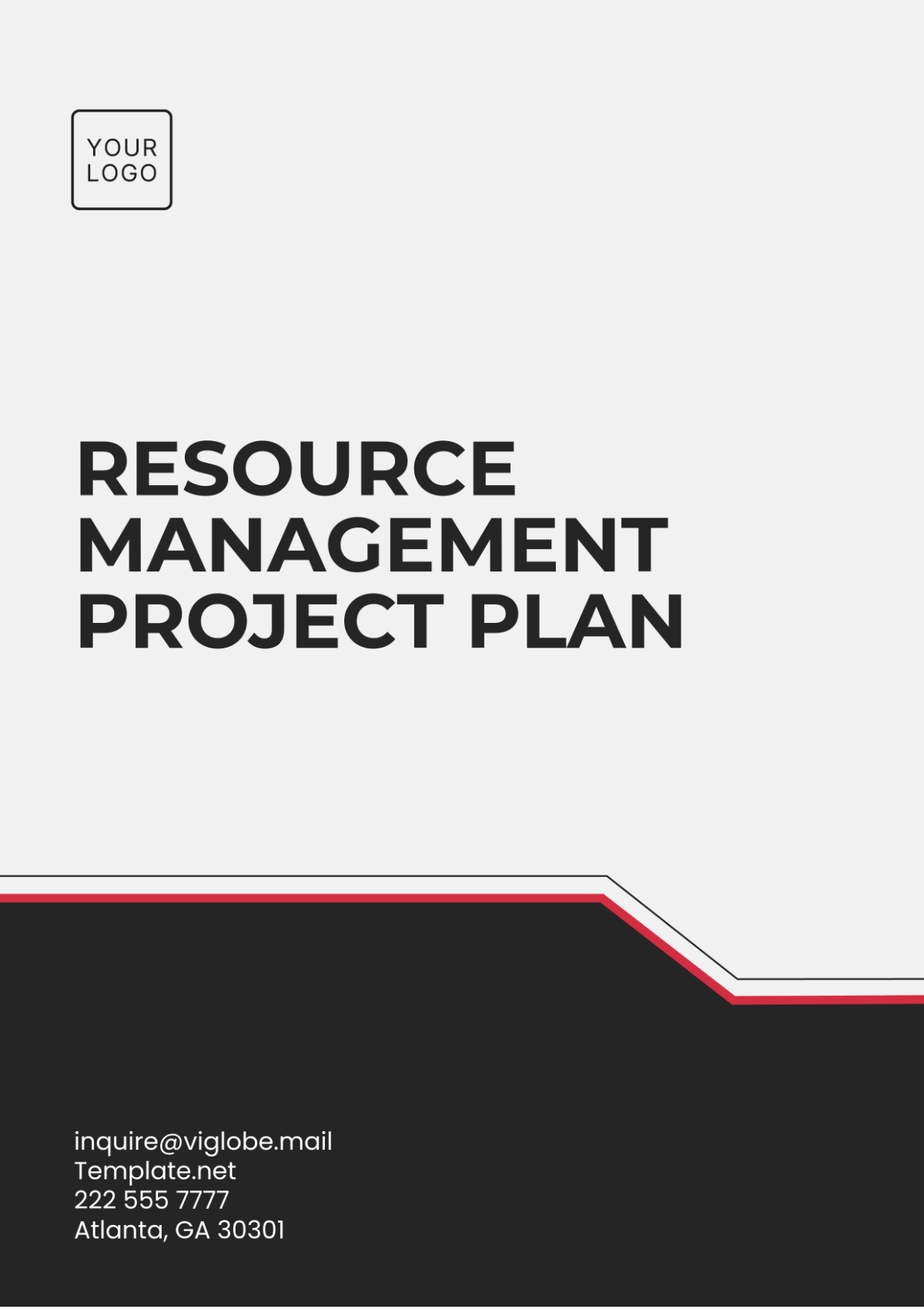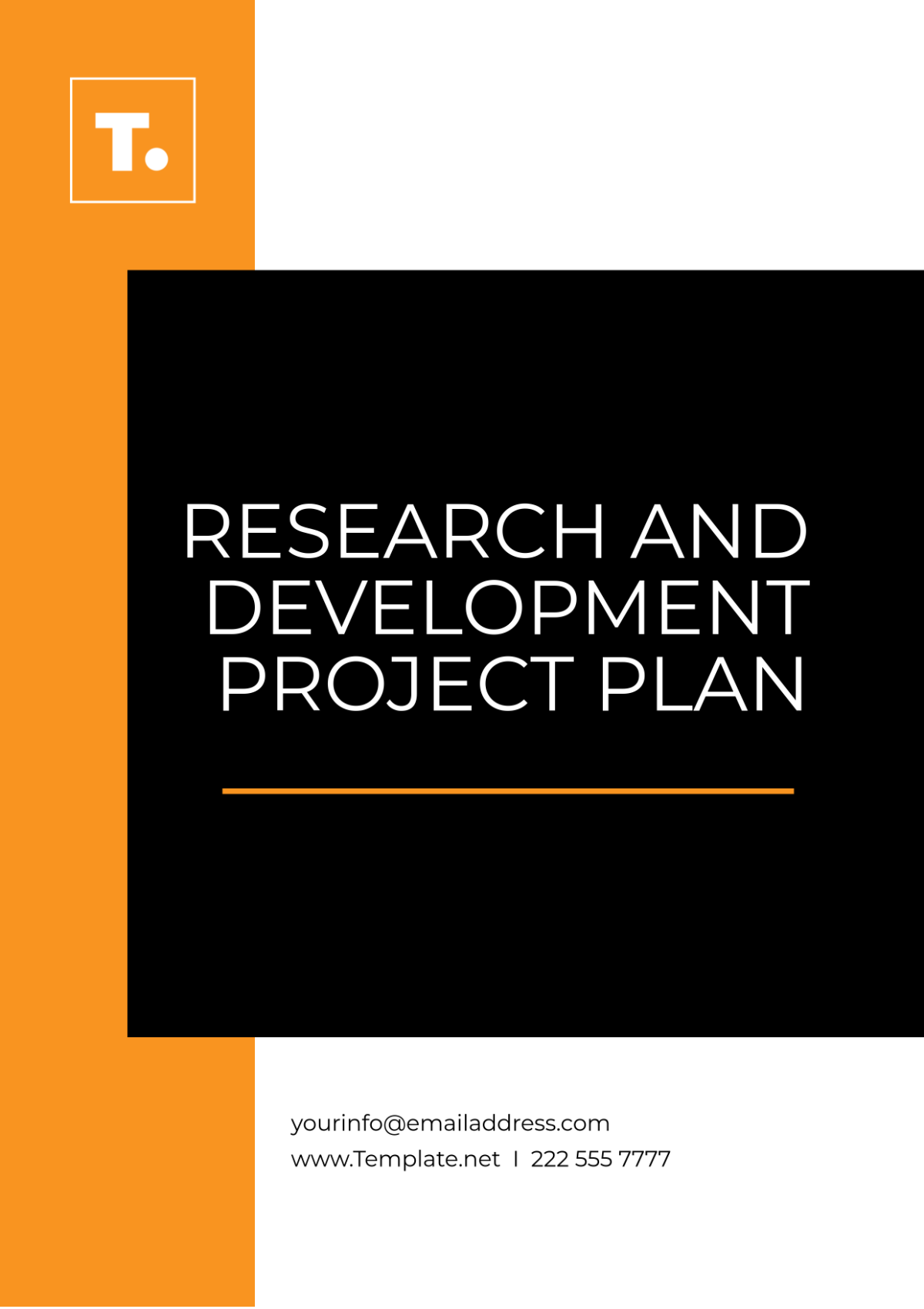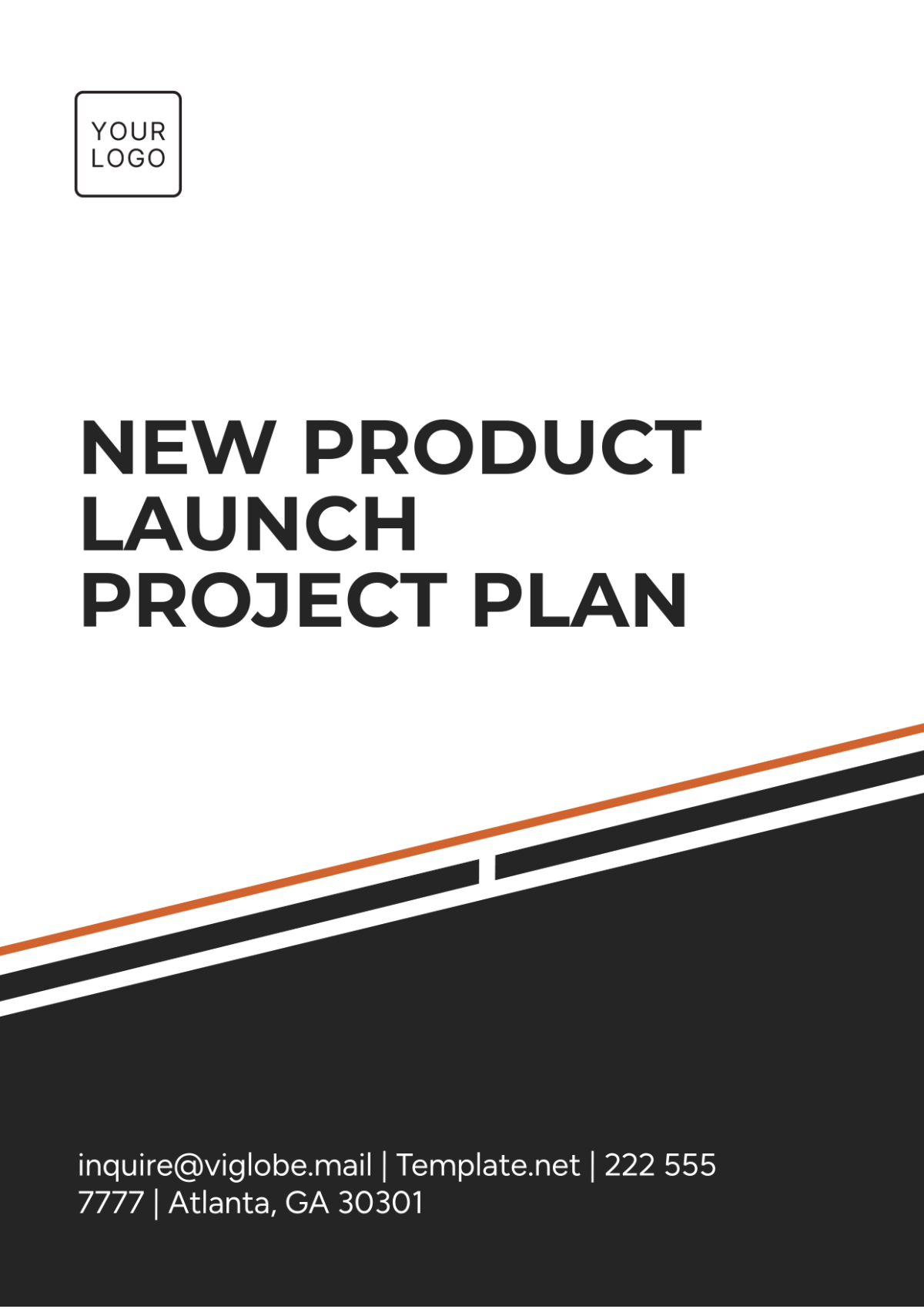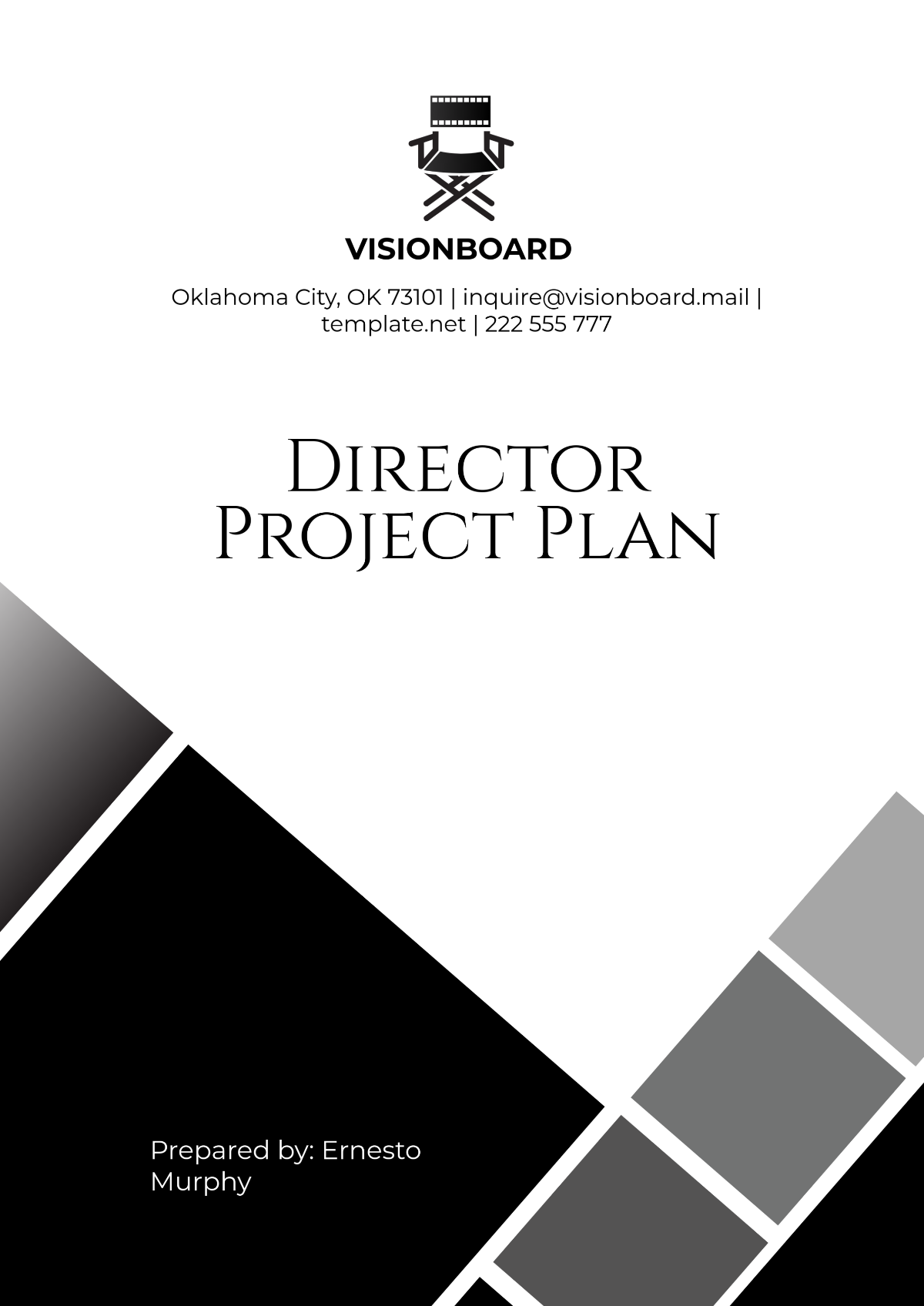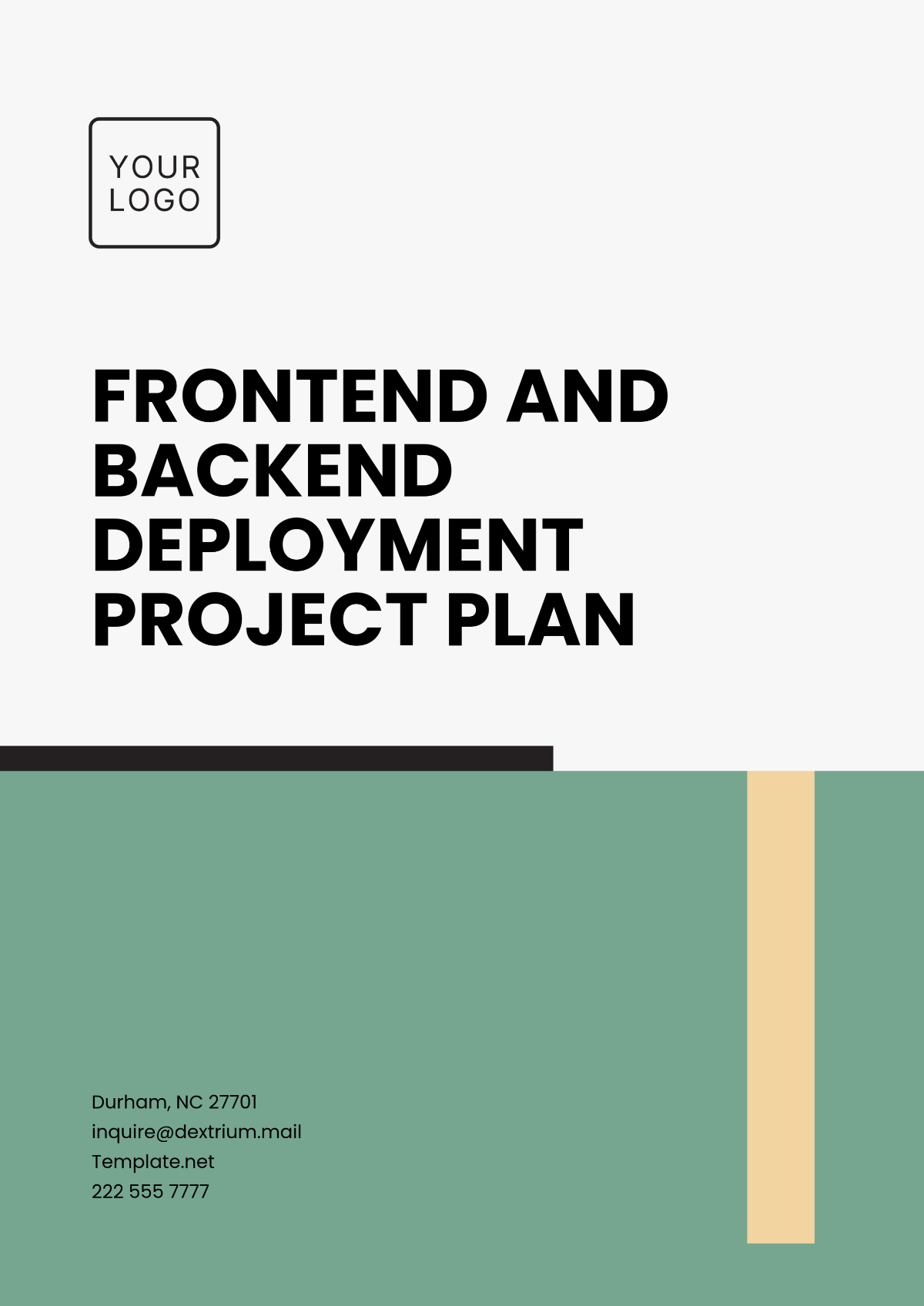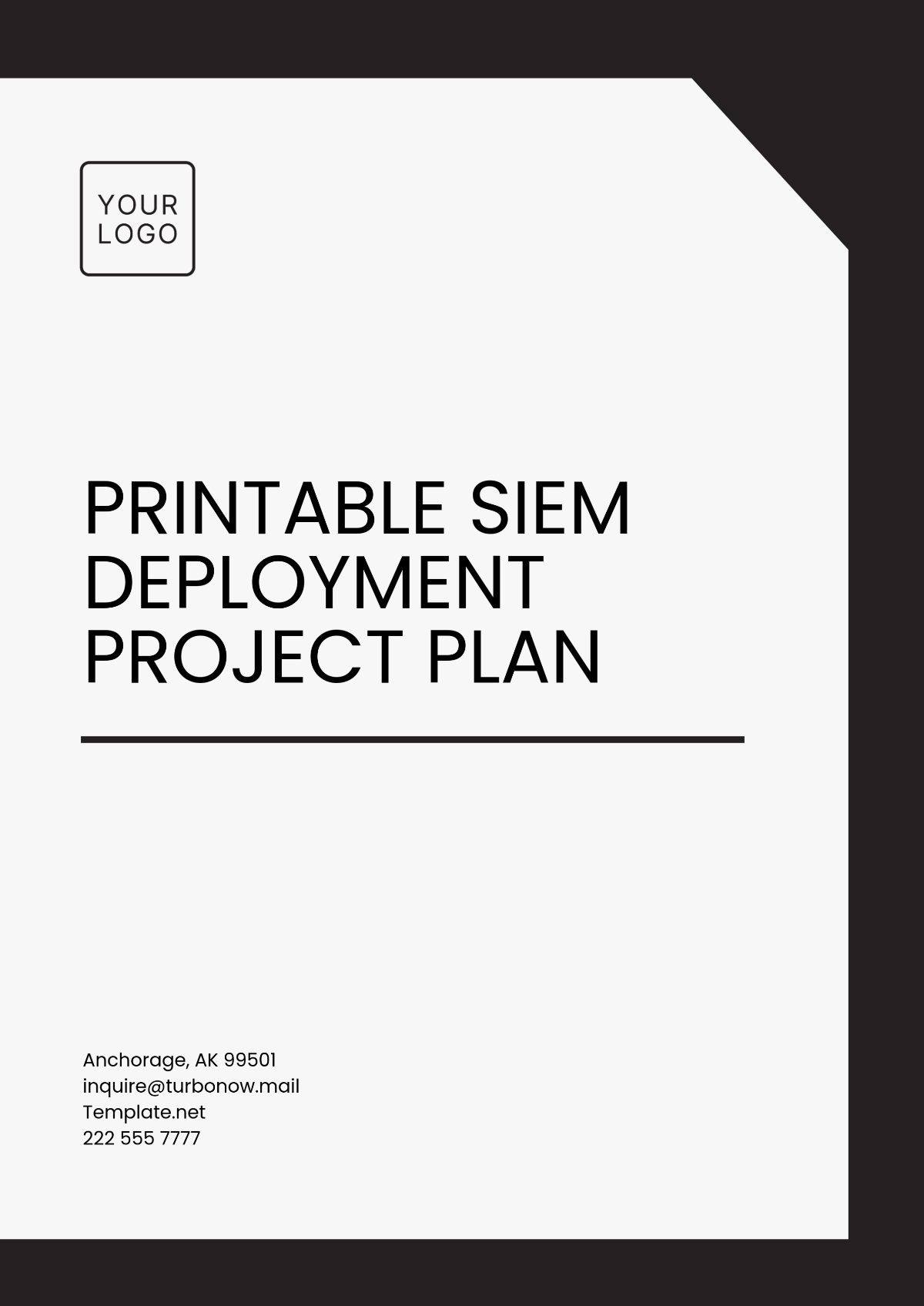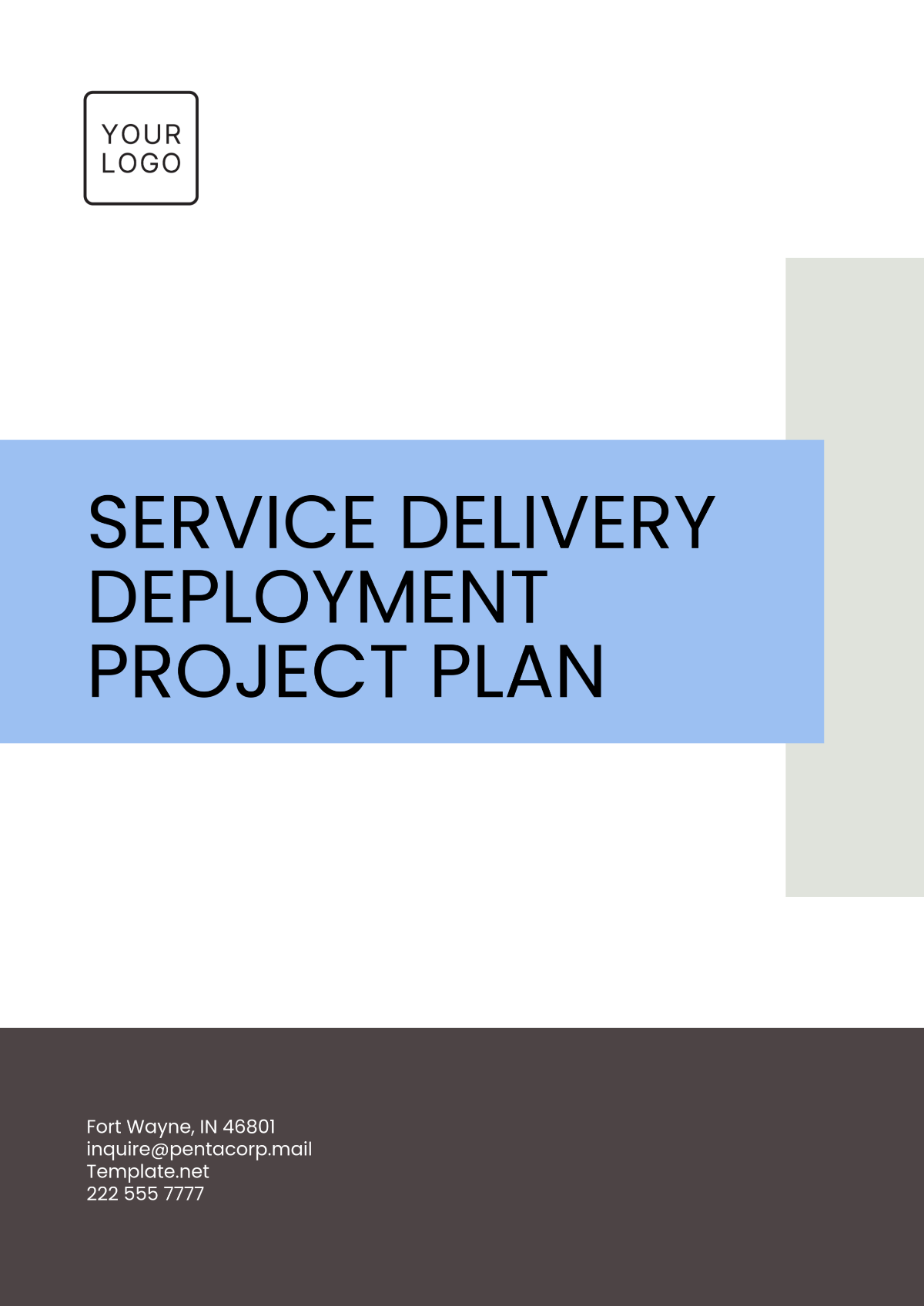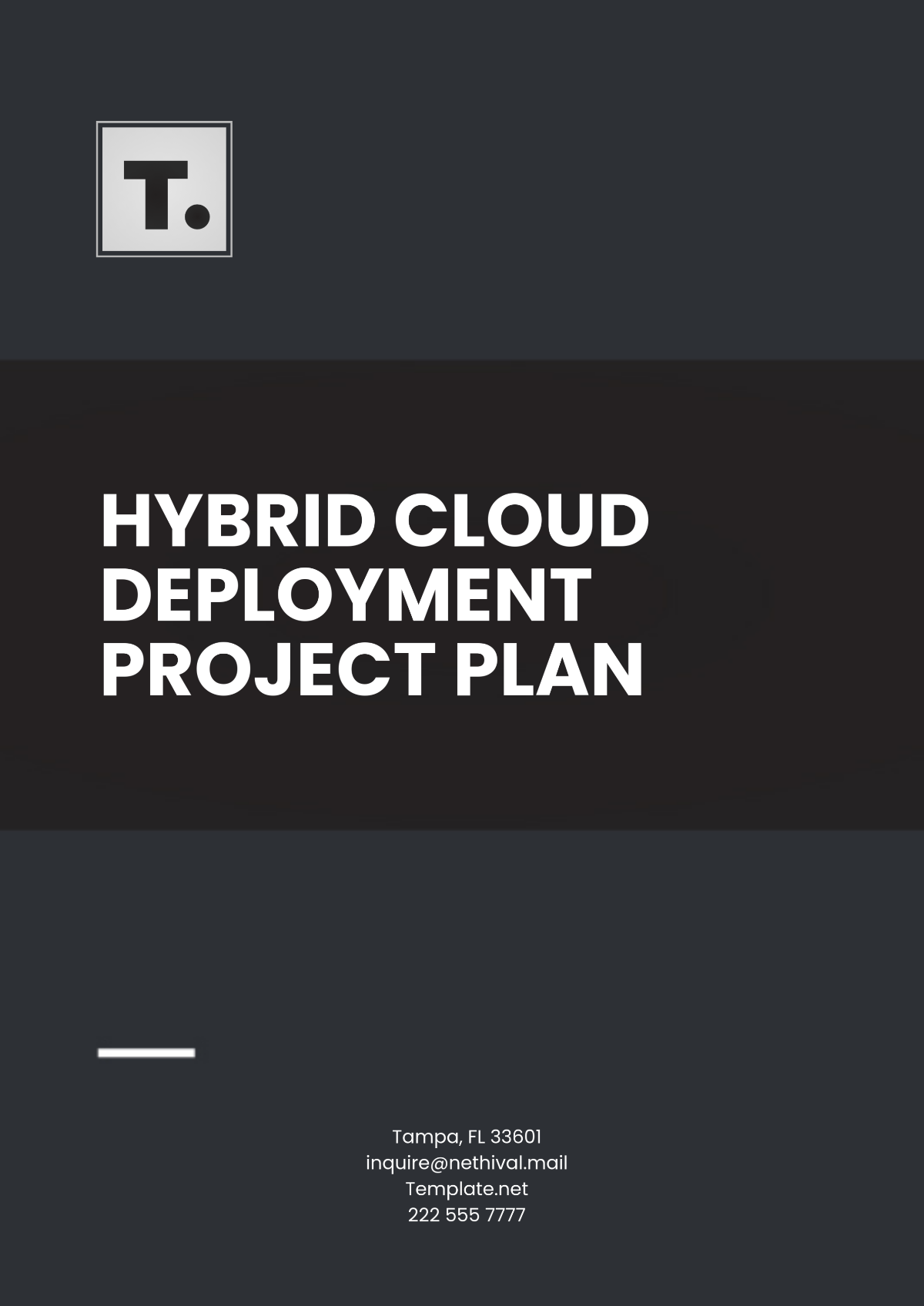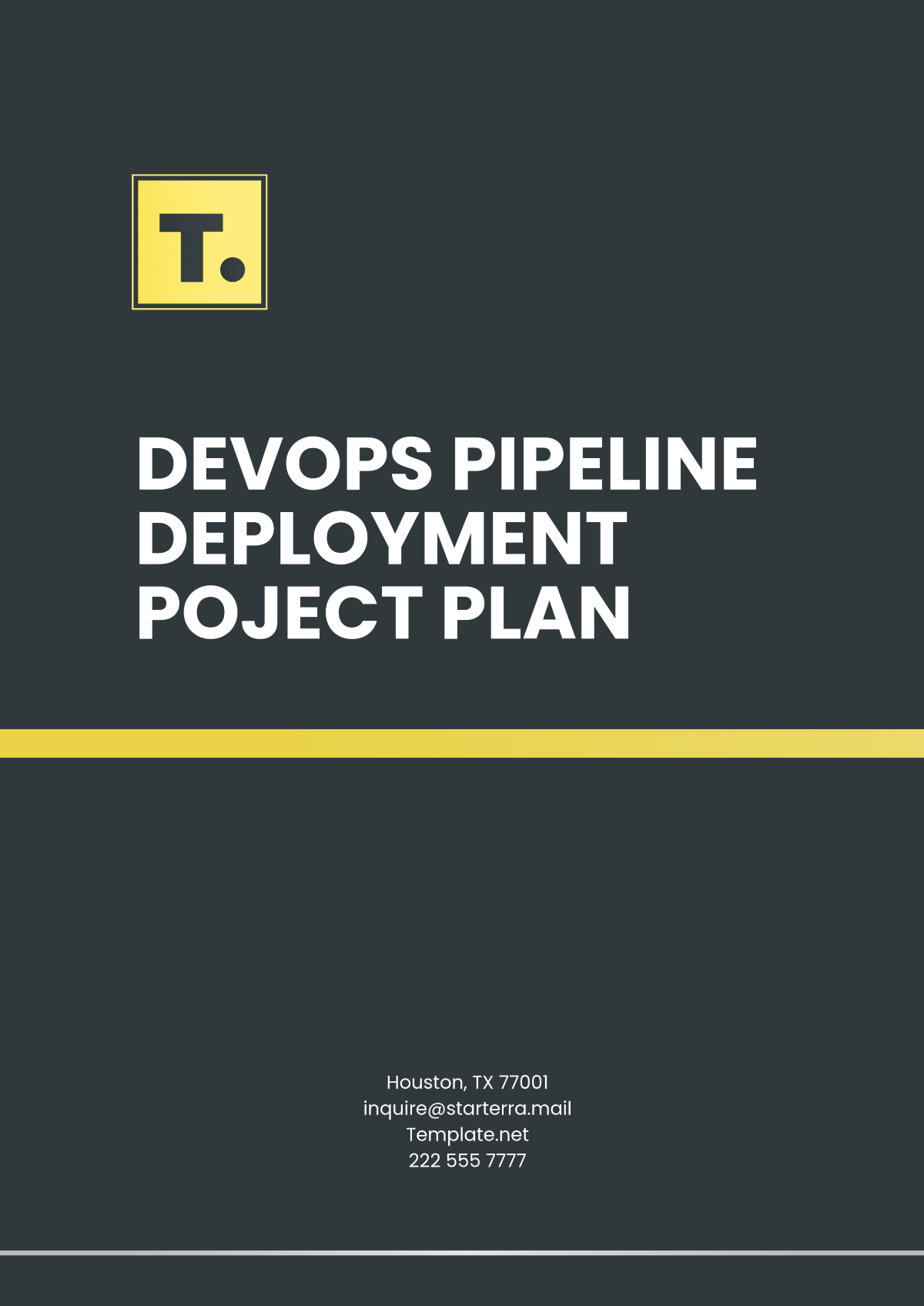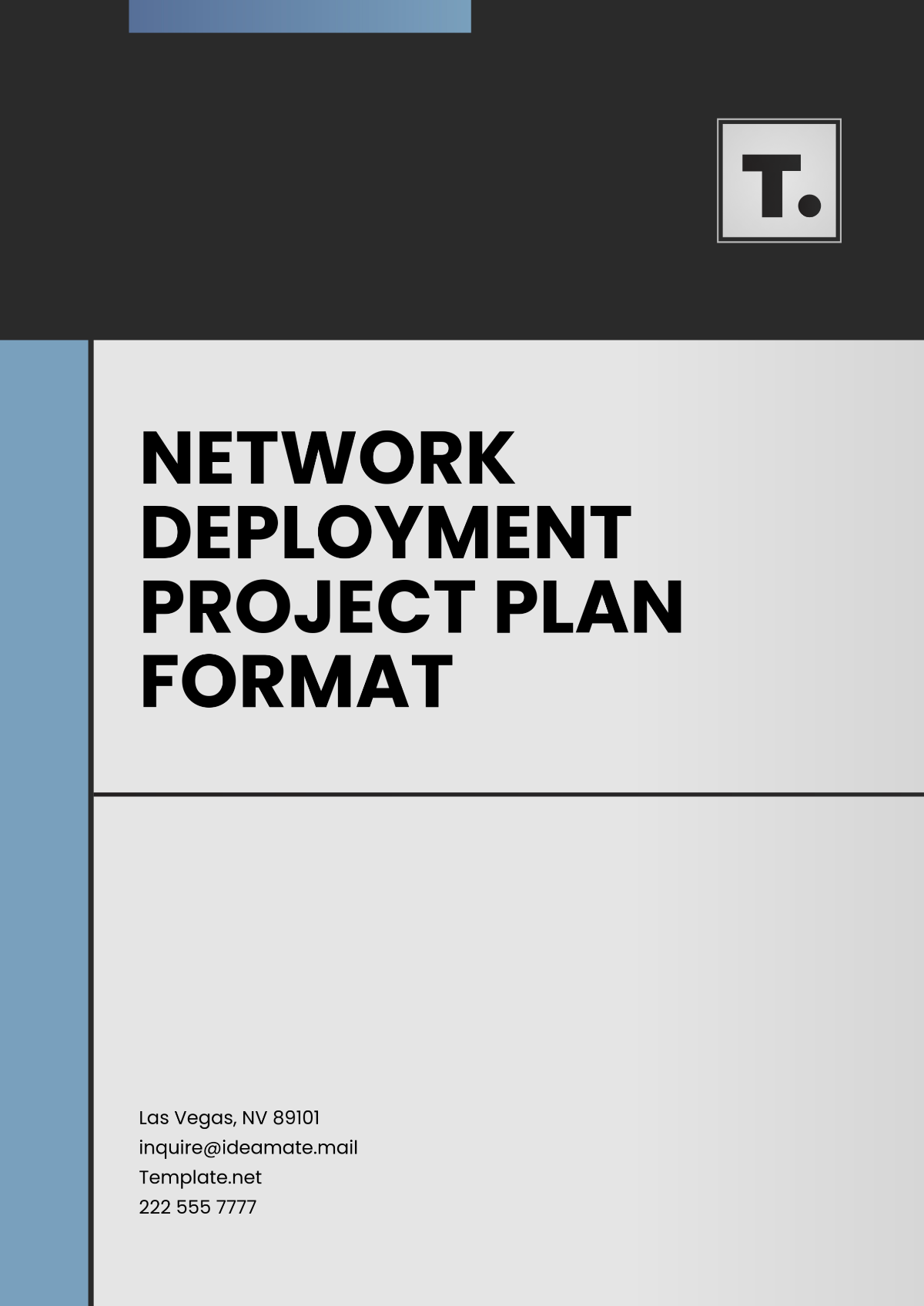Agile Deployment Strategy Project Plan
Prepared By: [Your Name]
Company: [Your Company Name]
I. Introduction
The Agile Deployment Strategy Project Plan is designed to seamlessly implement agile methodologies within our organization, enhancing adaptability and response times to market demands. The deployment aims to improve collaboration, foster innovation, and streamline processes to ensure a robust and responsive development environment. The ultimate goal is to deliver high-quality products efficiently and effectively, with a strong emphasis on continuous improvement.
II. Scope
Inclusions:
Deployment of Agile frameworks across all development teams.
Training and development programs for employees on Agile methodologies.
Integration of Agile tools and resources to facilitate workflow.
Regular assessment and feedback loops for continuous improvement.
Exclusions:
Non-development departments will not be included in the initial phase.
Existing legacy systems remain unaffected unless otherwise stated.
No changes to corporate policy beyond those impacting development processes.
III. Stakeholders and Roles
Stakeholder | Role | Responsibilities |
|---|---|---|
Project Manager | Oversees the entire deployment project. | Coordinate activities, manage timelines, and ensure project objectives are met. |
Agile Coach | Facilitates Agile adoption. | Guide teams, conduct training, and provide Agile insights. |
Scrum Master | Leads Scrum teams. | Assist with Agile practices, remove impediments, and foster team collaboration. |
Development Team | Executes project tasks. | Develop software products, participate in Agile ceremonies, and contribute to iterative improvements. |
Quality Assurance | Ensures project quality. | Conduct testing, ensure product integrity, and participate in sprint reviews. |
\IV. Deployment Process
The deployment of Agile methodologies will follow a structured and iterative process:
1. Initialization
Conduct kickoff meetings to align objectives.
Establish Agile vision and goals with executive buy-in.
2. Training and Development
Provide Agile training sessions for all project participants.
Develop customized workshops focusing on Scrum, Kanban, and other frameworks.
3. Iterative Implementation
Roll out Agile processes in defined phases (e.g., Scrum sprints).
Utilize pilot teams to refine processes before wider implementation.
4. Continuous Feedback and Improvement
Collect feedback from teams and stakeholders at each stage.
Adjust processes based on evaluations and retrospectives.
V. Timeline and Milestones
Milestone | Deadline | Stage |
|---|---|---|
Project Kickoff | January 10, 2060 | Initialization |
Agile Framework Training Completion | March 15, 2060 | Training |
Start of Pilot Implementation | May 1, 2060 | Deployment |
Feedback and Evaluation Round | August 15, 2060 | Feedback Loop |
Full Deployment Rollout | October 20, 2060 | Implementation |
VI. Risk Assessment
Potential challenges have been identified to proactively manage risks:
Resistance to Change: Provide thorough training along with robust support to facilitate and make the transition process smoother and more manageable.
Resource Constraints: It is important to guarantee the availability of resources and effectively organize tasks according to their level of importance and urgency.
Scope Creep: Define clear boundaries and maintain Agile adaptability without deviating from objectives.
Communication Gaps: Regular meetings and updates to keep all stakeholders informed and aligned.
VII. Monitoring and Reporting
Tracking progress and communicating outcomes are critical for project success:
Utilize project management tools for real-time tracking of tasks and milestones.
Weekly progress reports ensure transparency and accountability for stakeholders.
Monthly review sessions with executive sponsors to adjust strategies and tactics.
Establish key performance indicators (KPIs) to measure the success of the deployment.

